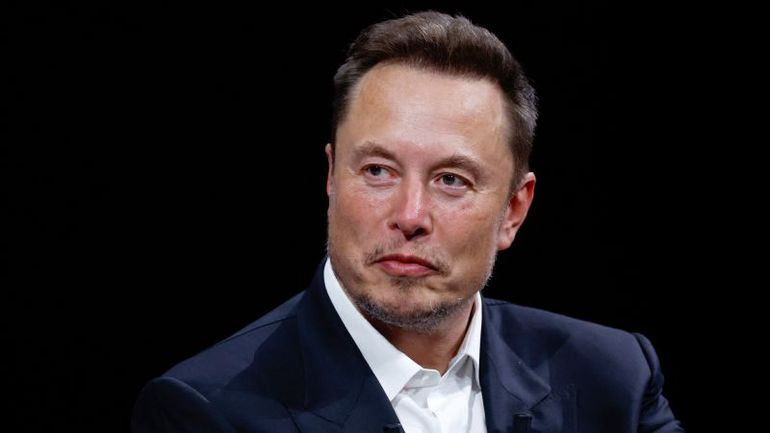
OpenAI responded to a court filing on Monday, stating that it was thriving even after Elon Musk's departure in 2018. Now, Musk is trying to take credit for all of OpenAI's achievements in the past six years.
In a recent legal document, OpenAI strongly refuted Musk's lawsuit against them, describing his claims as "incoherent," "frivolous," "extraordinary," and simply "a fiction."
Elon Musk, who helped start OpenAI in 2015, has accused the company of breaking its original agreement and moving away from its initial goal of being a nonprofit organization. He claims that OpenAI is now keeping some of its most advanced artificial intelligence technology for private clients.
In response to Musk's accusations, OpenAI recently defended itself in a blog post. The post implied that Musk may be envious of the company's success since he is no longer part of it. The blog also shared emails from Musk to other OpenAI cofounders, including one from 2018 where Musk suggested that OpenAI should merge with Tesla to stay competitive. However, the company declined this proposal, leading to Musk's departure from OpenAI later that year.
Elon Musk
Elon Musk
Gonzalo Fuentes/Reuters
Related article
OpenAI has released Elon Musk's emails, expressing their disappointment with the situation.
In their court filing, OpenAI takes it a step further by alleging that Musk fabricated the supposed founding agreement to support a lawsuit that serves his own business goals. They state that there was no founding agreement or any other arrangement between OpenAI and Musk regarding his financial contributions to the organization.
If this case were to move forward to discovery, the evidence would reveal that Musk favored a for-profit setup for OpenAI, with him in charge, and abandoned the project when his preferences were not met. Now, witnessing the impressive technological progress made by OpenAI, Musk desires that success for himself.
In the filing, it is requested that a judge categorize the case as "complex," which would establish certain guidelines for the discovery phase. OpenAI also asserts that it believes a quick and early dismissal of Musk's lawsuit is justified.
OpenAI expressed concerns that Musk may use the legal process to gain access to their confidential information and technology. Musk, who is currently leading his own AI company called XAI, aims to rival OpenAI.
OpenAI believes that Musk's request for relief, including asking OpenAI to share all its technology and research with the public, is considered as extraordinary. This would ultimately benefit Musk, as his own AI company has not been successful in the market.
There has been no response from Musk's lawyers when asked for a comment.
Editor's P/S:
The legal battle between OpenAI and Elon Musk has taken an intriguing turn, with OpenAI refuting Musk's accusations and alleging that he fabricated a founding agreement. The company's response paints a picture of a founder who, after leaving, seeks to claim credit for OpenAI's achievements while disparaging its current direction. OpenAI's assertion that Musk may be motivated by envy further adds to the drama.
This case highlights the complexities of collaboration and the challenges that can arise when founders part ways. Musk's desire for control and his alleged attempt to use the legal system to gain access to OpenAI's technology raise ethical concerns. The outcome of this lawsuit will have implications for the future of AI development and the relationship between founders and the companies they establish.














